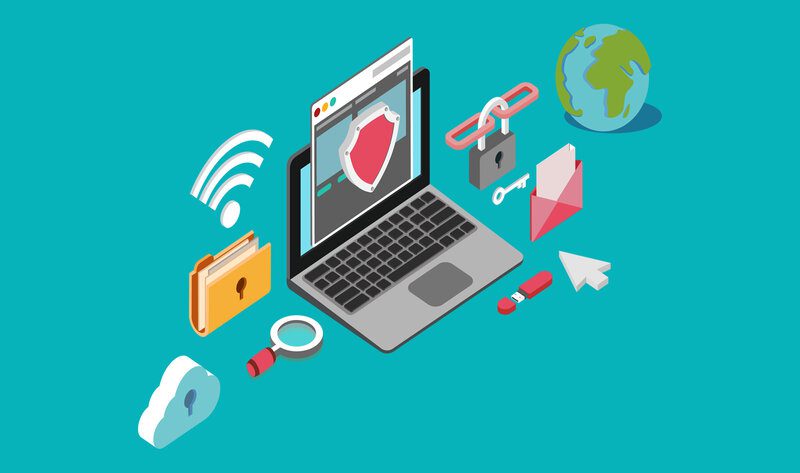The digital world has brought with it numerous benefits and opportunities, but it has also created new challenges and risks. As we spend more time online, it’s important to be aware of the potential dangers and take steps to protect ourselves. In this article, we’ll discuss some tips for staying safe and secure online.
Use Strong Passwords
One of the most basic but essential steps in staying safe online is to use strong passwords. Passwords are the first line of defense against hackers and other cybercriminals. A strong password is one that is unique, long, and contains a mix of upper and lowercase letters, numbers, and special characters.
Avoid using easily guessable passwords such as “123456” or “password.” Instead, use a password manager to create and store complex passwords for all your accounts. A password manager is a tool that generates and stores unique passwords for each of your accounts, eliminating the need to remember them all.
Enable Two-Factor Authentication
Two-factor authentication (2FA) is an additional layer of security that requires a second form of authentication in addition to your password. This can be a fingerprint, facial recognition, or a one-time code sent to your phone or email. Enabling 2FA on your accounts can significantly reduce the risk of unauthorized access.
Keep Software Updated
Software updates often include security patches that address vulnerabilities that cybercriminals can exploit. It’s essential to keep your software up to date to ensure you have the latest security features and protections.
Set your software to update automatically or check for updates regularly. Be sure to install updates as soon as they become available.
Use Antivirus and Antimalware Software
Antivirus and antimalware software are essential tools for protecting your computer or device from malicious software. These programs scan your device for viruses and other malware and remove them.
Ensure you have reputable antivirus and antimalware software installed on your device and keep it updated. You can also use a firewall to block unauthorized access to your device.
Beware of Phishing Scams
Phishing scams are a common tactic used by cybercriminals to trick people into giving away sensitive information such as passwords and credit card details. These scams often come in the form of emails or text messages that appear to be from a legitimate source.
Be cautious of unsolicited emails or messages and avoid clicking on links or downloading attachments from unknown sources. Always verify the authenticity of a message before responding or providing any information.
Use Secure Websites
When browsing or making online purchases, always use secure websites. Look for the padlock icon in the browser address bar or the “https” in the URL. These indicate that the website is using encryption to protect your data.
Avoid entering sensitive information such as credit card details on unsecured websites. Use a virtual private network (VPN) when accessing public Wi-Fi networks to protect your data from prying eyes.
Be Careful What You Share Online
Be mindful of the information you share online, including on social media platforms. Cybercriminals can use information such as your date of birth, address, and phone number to commit identity theft and fraud.
Avoid sharing personal information online, especially in public forums. Set your social media accounts to private and be selective about who you allow to follow you.
Back Up Your Data
Regularly backing up your data is a crucial step in protecting it from loss or damage. In the event of a cyberattack, having a backup of your data ensures you don’t lose important files or information.
Use an external hard drive, cloud storage, or backup software to create regular backups of your data. Be sure to test your backup regularly to ensure it’s working correctly.

